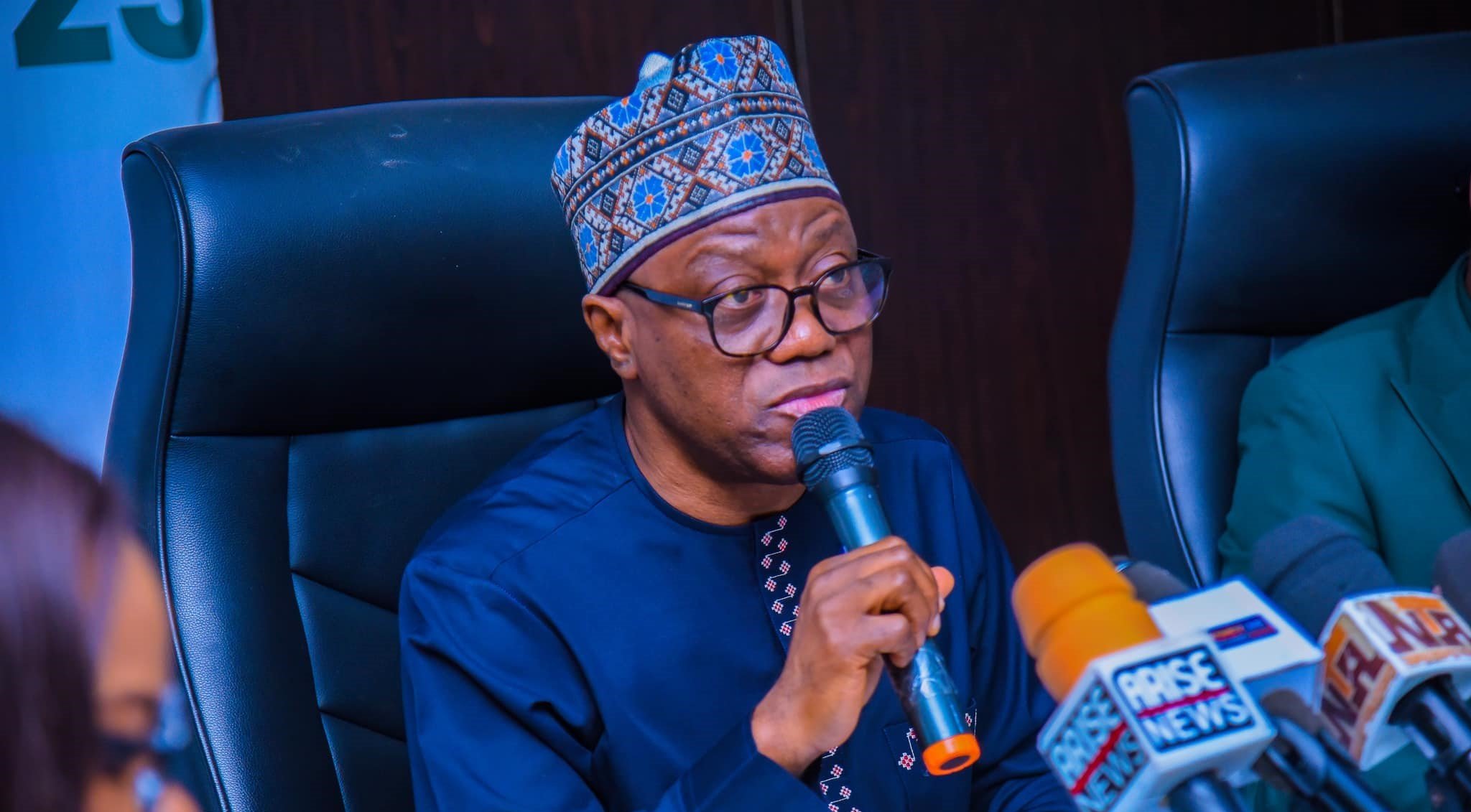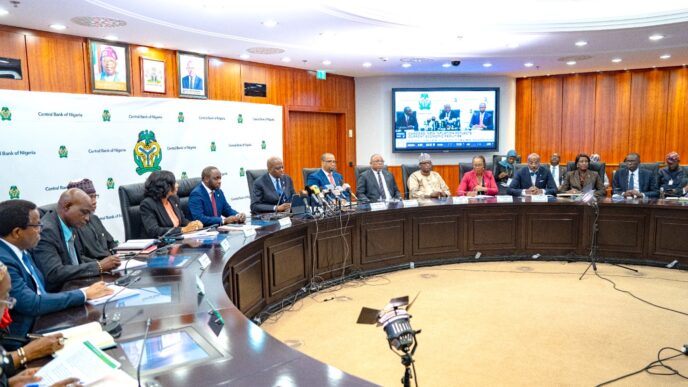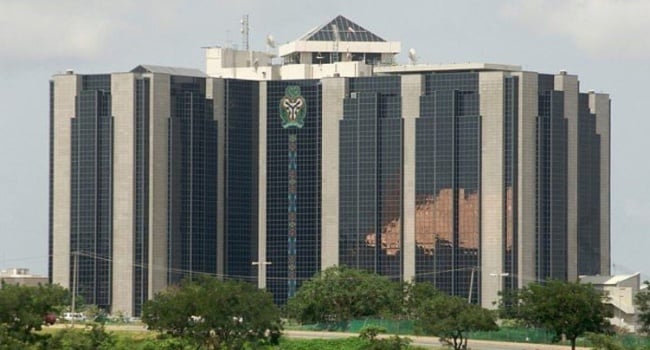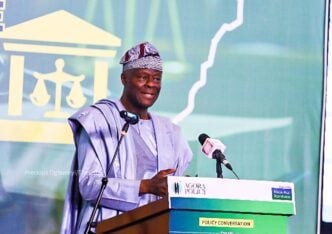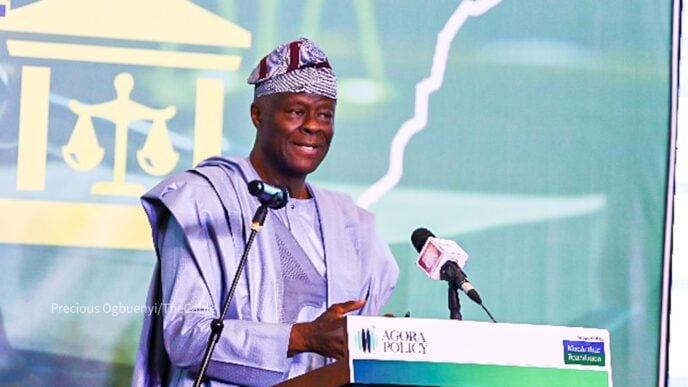Adeniran Adeyemi, statistician-general of the federation
Adeniran Adeyemi, statistician-general of the federation, says getting reliable data for the gross domestic product (GDP) rebasing exercise was a significant challenge.
The National Bureau of Statistics (NBS) released the long-awaited rebased GDP figures on Monday, updating the base year to 2019.
Speaking on the exercise in a statement, Adeyemi said the collection process must improve swiftly.
“While stating the strengths of this process, I must not fail to state the challenges encountered during this exercise. One of the major concerns is the data sources, both in terms of their availability and validity,” he said.
Advertisement
“The rebasing is a very data-intensive exercise, and any data utilised must be from a reliable and sustainable source, allowing for proper estimation during the exercise and in subsequent periods.
“With the high level of informality in the economy, added to the poor culture of adequate record-keeping, even within formal establishments, getting reliable data becomes a significant challenge.
“Added to this issue is the general apathy towards data sharing among major establishments. Simply gaining access to their premises is a significant concern, not to mention obtaining accurate information from them. This culture needs to change, and it needs to change quickly.”
Advertisement
REAL ESTATE DISPLACES OIL AND GAS CONTRIBUTION IN REBASED GDP
In the 2025 GDP rebasing exercise, which used 2019 as the base year, Adeyemi said real estate activity surged to third place, pushing crude oil and natural gas down to fifth.
“Ranking the top five economic activities using the 2019 base year, Crop Production came top with (17.58%), trade (17.42%), real estate (10.78%), telecommunications (6.78%), and crude petroleum and natural gas (5.85%),” he said.
“Real estate activity ranked third, displacing crude oil and natural gas to the fifth position. This is due to improved coverage of the informal real estate sector.
“Using broad sector classification, the Services sector remained the largest, contributing the highest to GDP at 53.09% in 2019 as against 52.60% in the previously published 2019 estimate. This was followed by Agriculture at 25.83%, and Industries at 21.08%.
Advertisement
“The share of the informal sector contribution to GDP in 2019 was estimated at N86.85 trillion or 42.5%. This is significantly higher than the previous value of N39.00 trillion, which was estimated in 2015.”
The bureau said Nigeria’s annual GDP growth rate stood at 3.13 percent in the first quarter (Q1) of 2025 — higher than the 2.27 percent recorded in Q1 2024.
